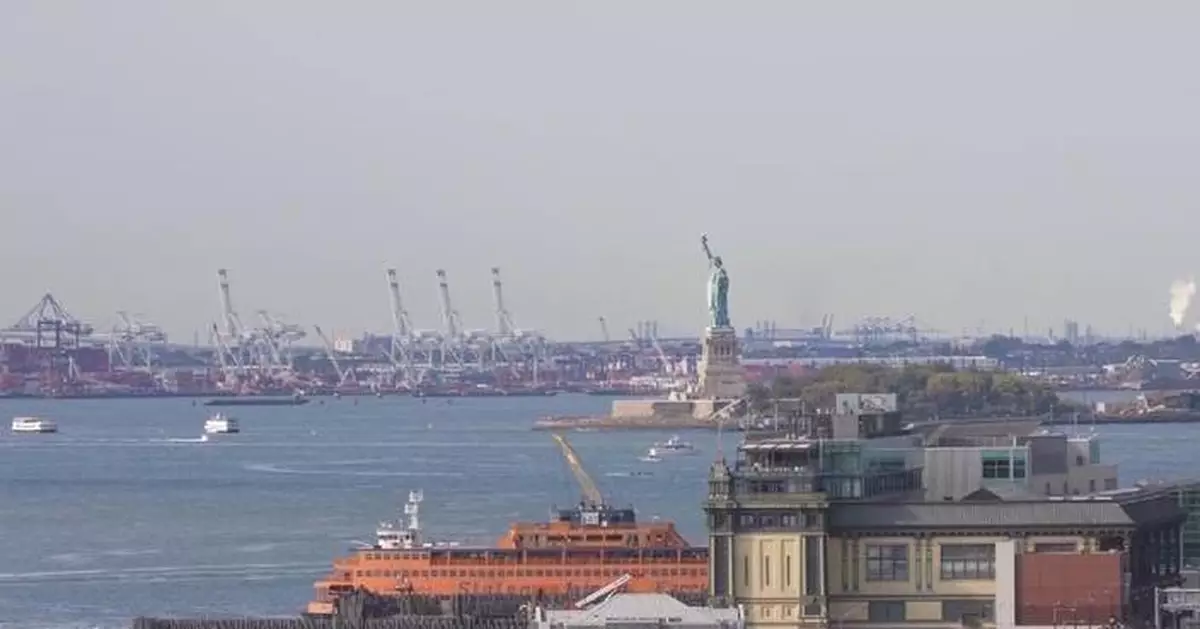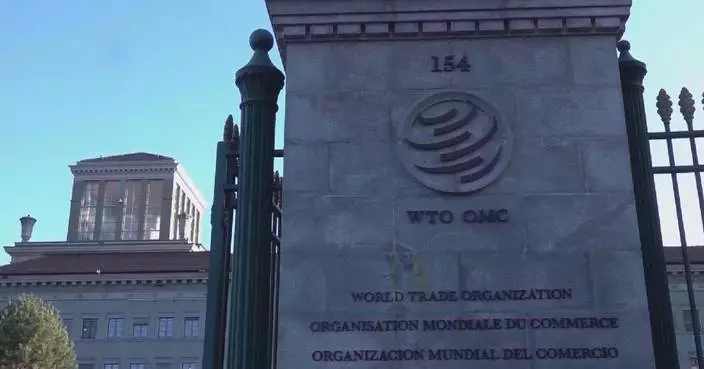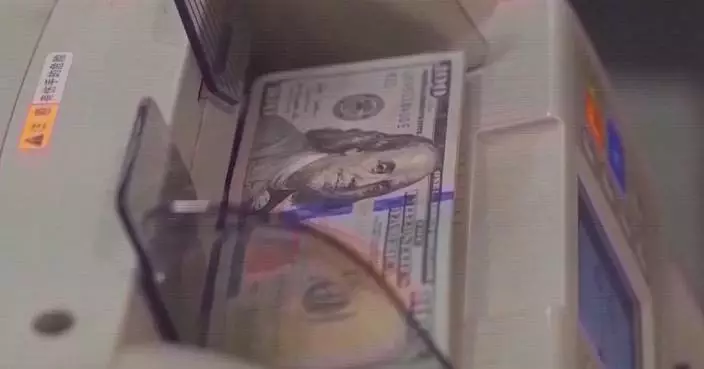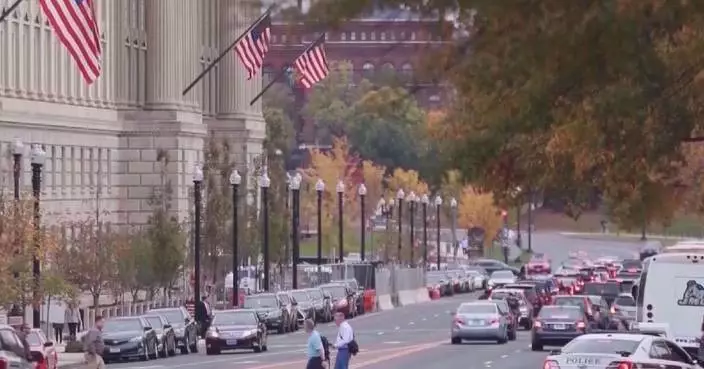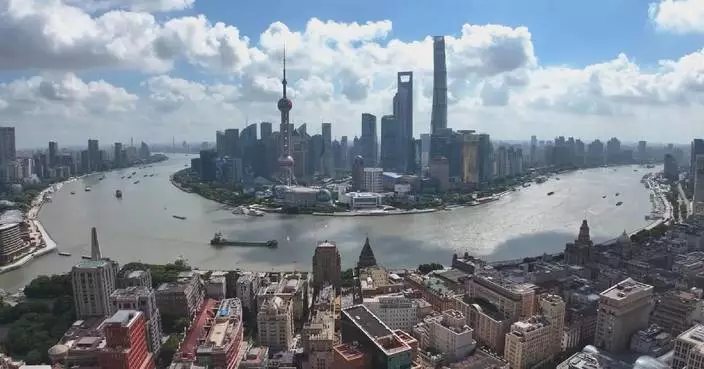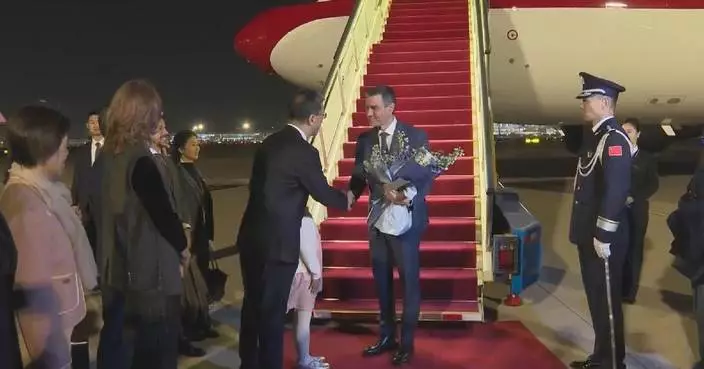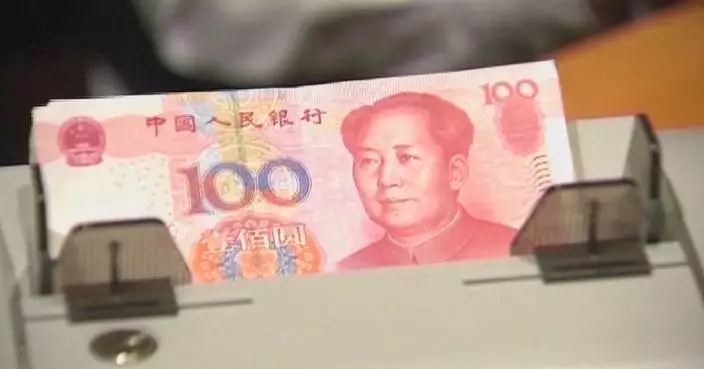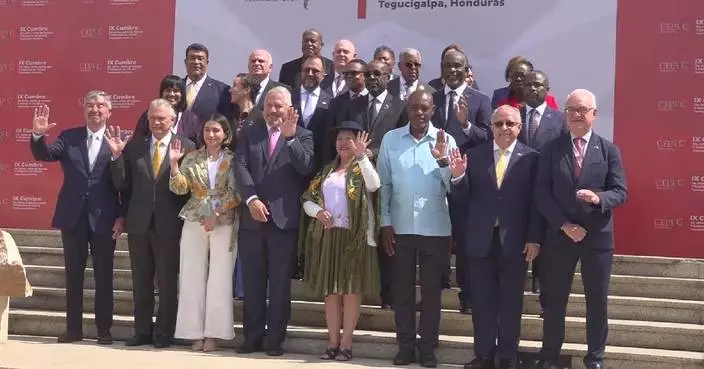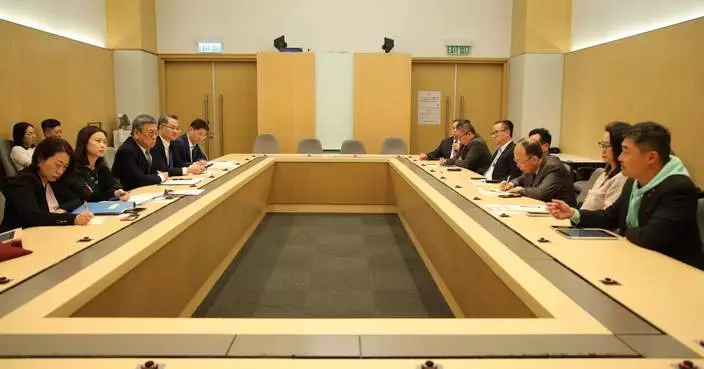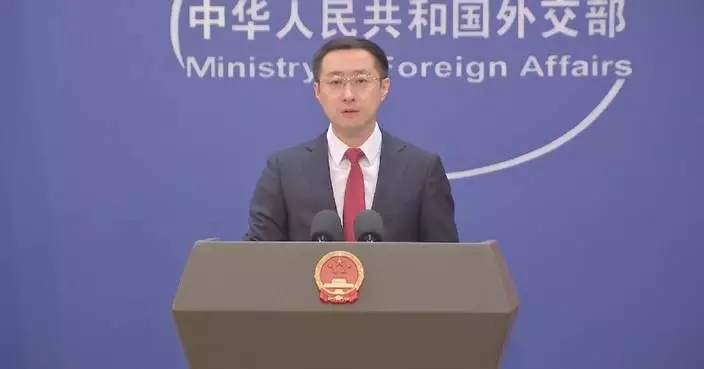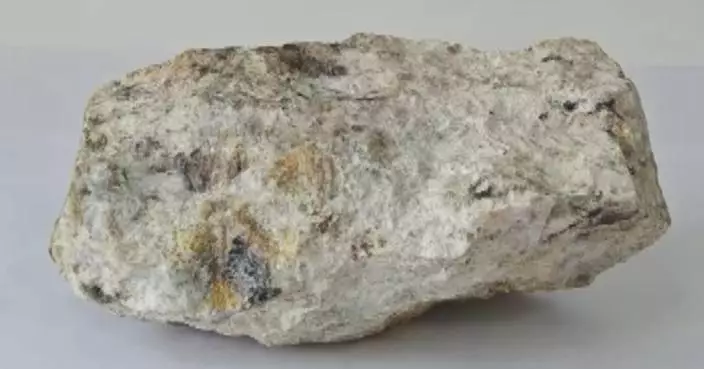U.S. "reciprocal tariffs" are expected to bring ample uncertainty to the global market and put global growth at risk, said the CEO of Bank of East Asia (China).
On Wednesday, U.S. President Donald Trump announced a new set of levies imposing a 10 percent baseline tariff on imports from all trading partners and higher rates on some.
While the Trump administration argues that these tariffs are necessary to protect U.S. industries, reshore manufacturing and reduce deficits, the decision has met with sharp criticism from economists, trade experts and foreign governments. Many see it as a misguided attempt to use tariffs as a blunt instrument in addressing complex trade imbalances.
According to Bi Mingqiang, CEO of the Bank of East Asia's (BEA) China branch, growing concerns about the effects of tariffs are forcing many investors to reconsider their strategy.
"I do believe Mr. Trump is bringing a lot of uncertainties to the global market, which puts the global growth at risk. So to mitigate this kind of damage or risk, I think global government and the business side are actively rethinking their strategy. You can see, actually, a lot of Chinese companies are shifting their business flow, their investment flow to those more friendly markets like Southeast Asia, the Middle East and Belt and Road regions," said Bi.
He emphasized that his bank and others have already begun formulating strategies to help traders navigate the changing landscape.
"This is going to reshape the overall landscape of global supply chain, I believe. So, to facilitate this trend, I think banks like BEA, we can provide those tailor-made banking services like cross-border financing, services, cash management, trade finance, things like that, to help," said the banker.
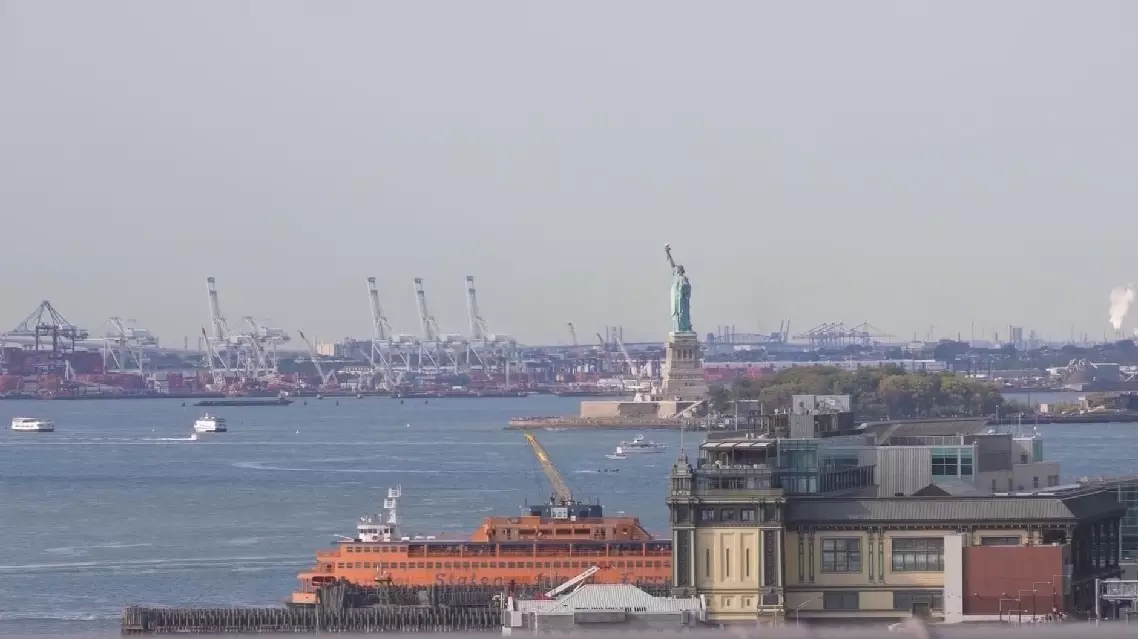
Trump brings uncertainty to global markets, puts global growth at risk: Bank of East Asia executive
China is set to break free from the trade barriers imposed by the United States by boosting domestic demand and strengthening partnerships with countries around the world, said an economic scholar.
Shi Jiao, an associate Professor at the Peking University HSBC Business School, made the remarks during a video interview with China Global Television Network (CGTN) on Thursday.
In her analysis, China has long been preparing for potential escalating trade frictions with the U.S. Since 2020, China has adopted a development strategy based on a concept called "dual circulation" to ensure preparedness in the face of uncertainty.
"Dual circulation means two powerful engines driving our economy forward. First, we fuel growth through strong domestic demand, the purchasing power of 1.4 billion Chinese consumers. Second, we deepen international partnership through multilateralism and free trade. We did need to strengthen our domestic markets but look what happened since. In every area where the U.S. tried to hold us back -- AI, robotics, semiconductor manufacturing -- China has made breathtaking advances. And further, despite all these frictions, China's total trade didn't even shrink. It's actually grown spectacularly," she said.
The Chinese government on Wednesday announced that it will raise additional tariffs on products imported from the U.S. to 84 percent, add six U.S. firms to its unreliable entity list, and place 12 U.S. entities on its export control list.
Shi noted that while China is hitting back against U.S. President Donald Trump's so-called reciprocal tariffs, its approach may also involve reducing reliance on the United States as a trading partner.
"We should do exactly the opposite of Trump. Where the U.S. uses force and coercion, China should offer cooperation and integration and assure our partners that this is the sustainable future for the global economy," said the economist.
This would mean expanding China's openness to the world and creating attractive environments for international talents and entrepreneurs, Shi explained.
"First, China needs to attract the best minds from around the world. The Trump administration has weakened U.S. universities, driving away talents. China must create the most attractive environment possible for researchers and scholars. And second, we must open our domestic markets even wider. Entrepreneurs from China or abroad alike should find here the most dynamic consumer markets in the world, one that rewards creativity and turns breakthroughs into real products," she said.
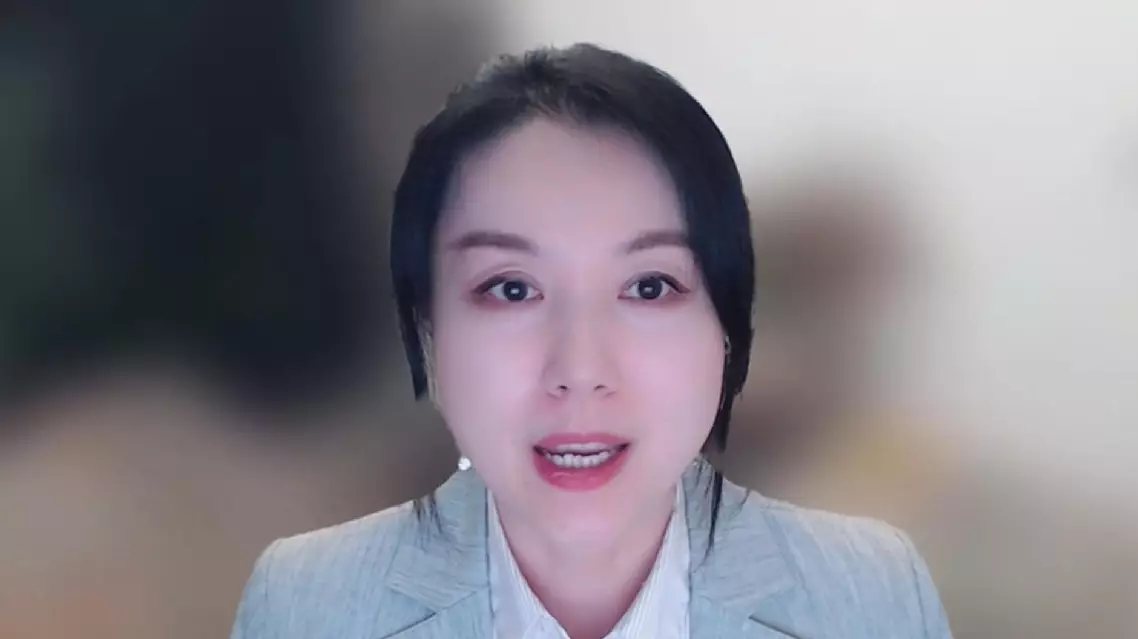
"Dual circulation" strategy to help China weather storm of US tariffs: economist



